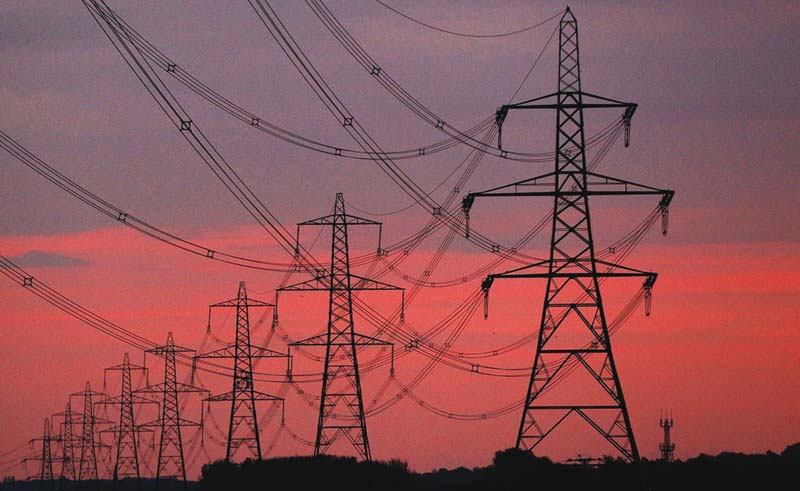Islamabad:
The Government was expected to reduce the energy rate in until RS1.71 per unit for all consumers of energy distribution companies (disc) and K-Electric (KE) for the next three months as part of a tariff help plan that will probably be announced after Eidul Fitr, the sources said Friday.
They said that the National Authority for Electric Power Regulation (NEPRA) was established to allow the increase in the Differential Rate (TDS) subsidy in RS1.71 for all consumers during the months of April, May and June. They added that the reduction would be part of the plan to reduce the energy rate to RS6 per unit.
The federal cabinet at its meeting on March 26 approved the increase in TDS for all consumers, except national users of Lifeline, in RS1.71 per kilowatt per hour (KWH) for the quarter of April-June of the current fiscal year, in line with efforts to reduce tariffs for consumers and improve demand.
According to a motion presented by the Federal Government with Nepra, the increase in TD to balance the tax burden and maintain the sustainability of the electricity sector. Nepra has scheduled a public audience on the motion on April 4.
According to the determinations of Nepra of July 11 and 13, 2024 and notified by the federal government, the national average rate for fiscal year 2024-25 amounted to RS35.50 per unit. However, the Government notified the national average rate at RS32.99 per unit, while the gap fell through the TDS.
In addition, the government has maintained a uniform end of the consumer end for KE consumers through the incorporation of TD. The additional TDS per unit for all discos and KE consumers, except domestic lifeline, was estimated at RS1.71/KWh of April-June of 2025.
Once considered and approved by Nepra after the public hearing, the Federal Government would issue a notification to modify the existing rates notified on July 14, 2024 to the point of relief of subsidies, the sources said.
Finance minister
The government plans to reduce electricity costs as part of a broader plan to relieve manufacturers and increase exports, in a movement that occurs shortly after reaching an agreement to unlock more effective in the International Monetary Fund.
The Government plans to make an announcement soon to reduce electricity rates, the Federal Minister of Finance and Income, said Senator Muhammad Aurengzeb to Bloomberg in an interview outside the Boao Forum in China.
That combines other efforts to reduce financing costs and tax loads to help the manufacturing sector increase production and sales abroad, he said.
“Fundamentally, the DNA of the economy has to change to be directed by export,” said Aurengzeb.
“On the energy side, we are working under the leadership of the prime minister to tear down tariffs and the prime minister will make an announcement about that in the next few days.”
Currently, the Government is organizing a budget that expands the tax base by including sectors such as real estate, stores and agriculture, said Aurengzeb.
That could allow officials to reduce the loading of the manufacturing sector, which has been paying disproportionately high taxes, he said.
The State Bank of Pakistan has already reduced its key policy rate to 12% since last April 22%, but unexpectedly this month maintained its reference rate.
Aurengzeb said that while policy rates are the scope of the central bank, it sees more space for them to fall later this year.
“Given where the head of inflation is, where the central inflation is, I hope that during this calendar year let’s see that the rates decrease even more,” he said.
In the fourth quarter, Pakistan plans to launch its first Chinese bonus called yuan in the range of $ 200 million to $ 250 million to finance climate -related projects, said Aurengzeb.
While Pakistan is already very indebted to China’s development banks for infrastructure projects, it is important that the country diversify its financing bases beyond the Sukuks, Europe and Islamic, he said.
“It’s time for us to take advantage of the second largest and most deep capital market in the world,” said Aurengzeb.




